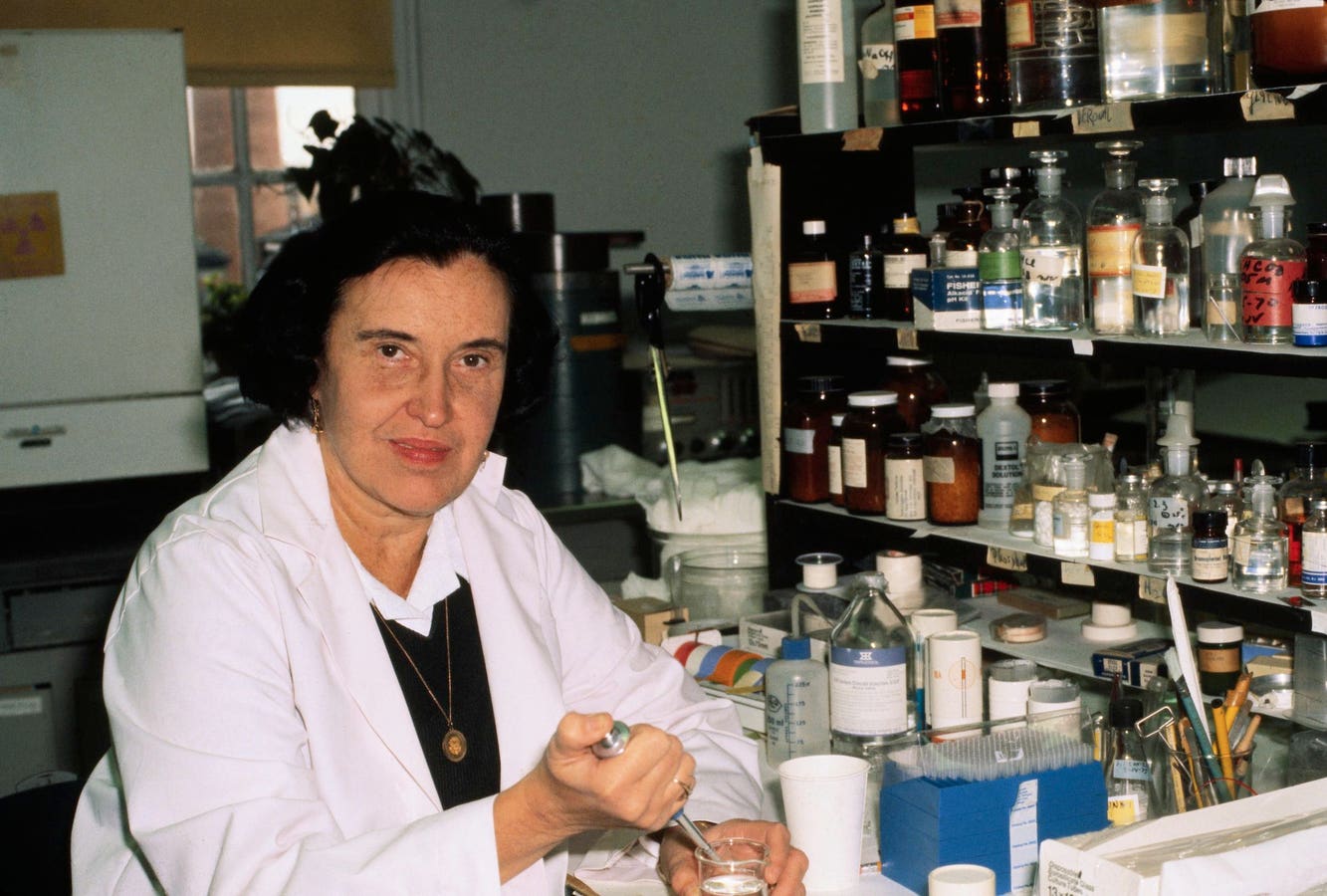Health
A patently catastrophic move

From a purely Machiavellian perspective, hats off to President Biden’s handlers for how they are handling the political fallout and media coverage surrounding the White House’s latest pandering ploy on drug pricing. They want to give politicians and bureaucrats the power to seize the patents of drugs they deem too expensive and allow other companies to make them. The only delay is if the prices of those drugs are lowered enough to satisfy the White House.
The implications of this for the healthcare system for new, life-saving medicines and therapies are dire.
But largely missed in the response to this move is the dangerous, devastating scope of Biden’s plan. Namely that it enables the government to seize assets all patented American technologies, products and services, not just drugs. This is evident from the small print.
That’s right: patent law would be abolished.
If this Soviet-style proposal is implemented, it is doubtful that far-left crusaders and wealthy Democratic donors and investors will be so happy to discover an inconvenient fact: President Biden’s plan is an equal opportunity threat to federal supported or subsidized investments in the economy. “green” technology, semiconductors and other advanced manufacturing sectors. Oh, then there’s the university research ecosystem and broader economy that will also be affected.
Dr. Rosalyn Yalow, a nuclear physicist who spent 30 years researching hormones at the Bronx Veterans Administration Hospital, works in her laboratory after learning that she was one of three American doctors to receive the 1977 Nobel Prize in Medicine. Credit for their work on hormones is shared with Dr. Roger Guilleman of the Salk Institute in San Diego, and Dr. Andrew V. Schally of the Veterans Administration Hospital in New Orleans.
Bettmann Archive
For context, Congress passed the bipartisan Bayh-Dole Act more than forty years ago. The primary intent of the legislation was to enable universities, nonprofit institutions, and small businesses to collaborate with private sector investors, experts, and entrepreneurs to advance research initiated or funded in whole or in part by federal grants and loans to develop and commercialize. It has been a resounding success, adding trillions of dollars to our GDP and generating millions of American jobs.
Before Bayh-Dole, private companies, researchers and investors were reluctant to participate in such research – the patents could later be seen as ‘government tainted’ (their words). That’s because the non-governmental partners did not have an exclusive right to license the results of their collaboration, meaning there was no way for them to recoup their investments once the work was developed into commercialized products. Therefore, most federally supported technology research gathered dust on the shelves of agencies and universities.
Before the implementation of Bayh-Dole, government-affiliated entities owned approximately 28,000 patents, of which only less than 5% were licensed to companies to develop. After the law was passed, more than 200 new drugs and vaccines were quickly financed, developed and commercialized in the biopharmaceutical sector alone. All told, Bayh-Dole has sparked a medical renaissance and positioned America as the undisputed global leader in delivering breakthrough treatments and cures for chronic and rare diseases. More importantly, it has enabled people to live healthier, longer and more prosperous lives.
Make no mistake: the profound impact of this law has not been limited to new drugs and treatments. It has been a catalyst for unprecedented progress and investment in agriculture, automotive, computing/IT, education, energy, next-generation manufacturing, transportation, veterinary, environment and other innovative sectors. The resulting technologies, products and breakthrough jobs created through private-public collaboration and partnerships are found across all sectors of our workforce and economy.
Just as impressively, our nation’s leading research universities and other nonprofit institutions are thriving thanks to the trillions of dollars invested in new research and technology partnerships. This includes the proliferation of highly successful technology transfer hubs, research incubators and other programs that can enable successful careers for the next generation of students and entrepreneurs.
But now a destructive danger lurks. To pacify ill-informed left-wing influencers during an election year, President Biden proposes weakening Bayh-Dole. He wants to give politicians and bureaucrats in Washington the authority to “march in” and take control of patents on technologies that they decide should not be commercialized as they see fit.
That’s right: Biden wants to give bureaucrats the right to seize patents based on new and highly subjective metrics about the pricing of products and technologies.
Proponents argue that this banana republic tool would be limited in its application, pointing to expensive drug prices. But hard experience shows that this will not be the way things will work out. This arbitrary power will be deployed wherever politicians and expansionist bureaucrats see an advantage for themselves.
This fact of political life will stifle life-enhancing research and development.
Imagine you are an investor or own a company that identifies initial, life-saving childhood cancer research at a local research university that can be developed, patented and commercialized thanks to your expertise and capital. If the White House gets its way, the government — if it so chooses — would be allowed to “march in” and seize the finished product and give it to another company that has nothing to do with its development , to produce and sell it. .
The chance of political favoritism here is enormous.
Would you take that risk under these circumstances? Would you like to collaborate with research universities or government agencies? Of course not.
Perhaps you genuinely believe in President Biden’s radical green energy agenda (I don’t). You decide to invest in commercializing technologies to replace batteries or solar panels for electric vehicles that an institution has received a federal grant to initiate, but is unable to fully develop and commercialize to take. You hire your own experts and invest a huge amount of money to develop actual products. But its initial price is quite high as it reflects the actual cost of bringing it to fruition. Nevertheless, politicians and bureaucrats want to win the voters’ favor, so they seize your patents; and you are left with enormous, irreparable expenses.
The scenarios for the ways President Biden’s plan would wreak havoc could go on forever. China, Russia and other global competitors would be the ultimate winners.
Clearly, Bayh-Dole is a history-changing, bipartisan piece of legislation that should be vigorously protected rather than erased for short-term political gain. The Biden wrecking crew needs to be told bluntly and emphatically: No Way!













